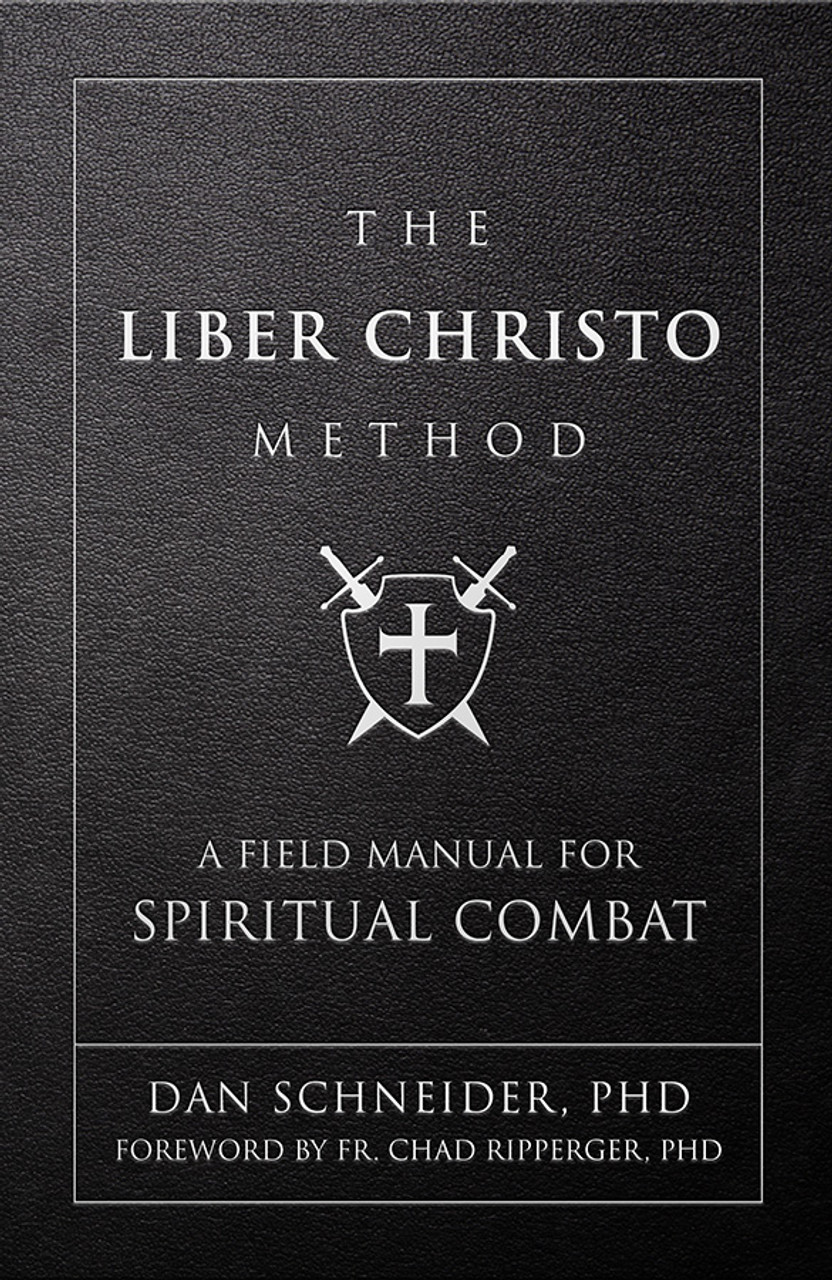Devotion to saints and use of sacramentals are powerful weapons in spiritual warfare. From prayers to your Guardian Angel to the Rosary and sacramentals like holy water, these tools help protect and strengthen you against spiritual attacks.
Angels and Saints: A Spiritual Army
Another powerful weapon in spiritual battle is devotion to the saints. God always sends help from the Mystical Body, like Calvary, to help His children in their struggles. You may have developed a new devotion to a particular saint, one who has seemingly cycled into your spiritual life. Perhaps you have a longstanding devotion to a certain saint. Each demon will have a nemesis in the Mystical Body who will be sent to you at the appropriate time. Ask for this heavenly assistance.
Prayers to Saint Michael and the angels are also very helpful in spiritual combat, including the Chaplet of Saint Michael. In addition, as stated previously, angels go where they are asked, and demons go where they are not resisted. Thus, Saint Padre Pio says, “Invoke your Guardian Angel who will enlighten you. God gave you your Guardian Angel for this reason. So, make use of your Angel’s service.” Saint Padre Pio, who is a great ally in spiritual combat, notes how effective the Guardian Angel prayer is for combatting the enemy as he assaults your interior peace:
Angel of God, my guardian dear, to whom His love commits me here; ever this day (or night) be at my side, to light and guard, to rule and guide. Amen.
At a time when the patrimony of the Church was under attack, Pope Boniface IV (AD 608–15) gathered up almost thirty wagonloads of the bones of saints and re-buried them beneath the Pantheon. The Pantheon was a pagan temple built to all-gods (hence, pan-theon), but the pope re-dedicated it to the greatest warriors in the Catholic Church, those who gave their lives for the Faith. This temple, which once honored the demon-gods, now became the Basilica of Saint Mary and the Martyrs. Thus, according to Venerable Bede, the pope intended “that the memory of all the saints might in the future be honored in the place which had formerly been dedicated to the worship not of gods but of demons.” For this reason, the demons are acutely sensitive to the saints. This weapon also needs to be in your shepherd’s bag of stones.
The Use of Sacramentals in Spiritual Combat
In ancient times, when a fortress was assaulted, the inhabitants would station archers on top of the high walls surrounding the city. Upon seeing the enemy approaching, the archers would launch volleys of arrows at their enemy. The Psalmist uses this imagery when he writes, “God shoots an arrow at them; / in a moment they are struck down” (Ps 64:8). A soldier has various weapons and tools in his rucksack. Rogers also taught, “Don’t use your musket if you can kill ’em with your hatchet.” In other words, do it quietly and save your ammo. A way of conserving ammo in battle is the use of sacramentals. In prayer, we have been given “the dignity of being causes”—that is, agents of divine grace. Besides human agents of grace, God also uses certain inanimate objects, when blessed by a priest, to convey grace.
As I wrote, “sacramentals are physical objects or observances, which are similar to, but not equal to, the sacraments.” The Catechism states that they “do not confer the grace of the Holy Spirit in the way that the sacraments do, but by the Church’s prayer, they prepare us to receive grace and dispose us to cooperate with it.” Common examples of the sacramentals you should have in your spiritual rucksack are holy water, exorcised salt, the Saint Benedict medal (which has prayers of exorcism on it), the scapular of Our Lady of Mt. Carmel, the Miraculous Medal, and statues, icons, and sacred images. Some sacramental observances include litanies, the sign of the cross, Eucharistic processions, pilgrimages, and other devotions. The Rite of Exorcism itself is a sacramental, where “the Church asks publicly and authoritatively in the name of Jesus Christ that a person or object be protected against the power of the Evil One and withdrawn from his dominion.” Jesus Christ, who entrusted the care of souls to His Church, is the power behind the sacramentals.
Gaining Proficiency with the Sling
While vocal prayer is essential in spiritual warfare, you must learn to use your imagination to engage the intellect and will in prayer. This means becoming more confident when you take aim. The Rosary is the best way to gain proficiency with the “slingshot” of mental prayer. One prayer that also teaches this skill is called the Punishing Prayer. This is designed to ward off evil spirits who try to afflict you while you sleep. Besides keeping a blessed candle lit and playing Gregorian chant at low volume in the home, this prayer can be prayed before going to bed. This prayer may be modified for any form of temptation or diabolic attack throughout the day:
Lord Jesus Christ, I ask Thee that from now and until I fall asleep, while I sleep and during my dreams, that if any evil spirit tries to affect me that Thou wouldst punish him by making him focus on the thing that causes the most pain during the entire time he tries to affect me and for ten minutes more. I also ask Thee to not allow him to retaliate.
ooo
This article is taken from a chapter in The Liber Christo Method by Dr. Dan Schneider which is available from TAN Books.









